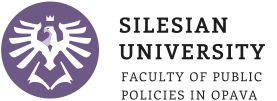
Log in:
- Access to this page is password protected and accessible to registered users only. If you have entered this webpage by mistake, please return to the « home page ».
- Forgotten password: If you forgot your password, please click « HERE ».
- Registration: If you do not have a user name and password yet, please use « registration form ».


